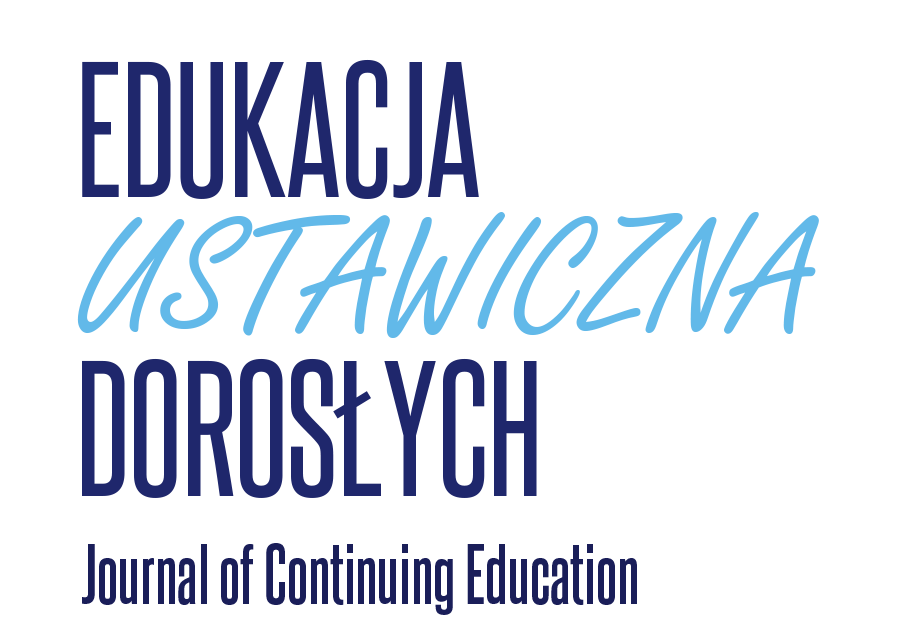Student, absolwent, pracownik w modelu kształcenia przez całe życie ideAGORA ![]()
Katarzyna Sadowy
Słowa kluczowe: uczenie się przez całe życie, szkolnictwo wyższe, absolwenci, rynek pracy, gospodarka oparta na wiedzy.
Key words: lifelong learning, higher education, graduates, labour market, knowledge-based economy.
Abstract: Lifelong learning (LLL) and education in accordance with the needs reported by the labour market is one of the most discussed issues related to the tertiary education. This is due to socio-economic changes, such as the high volatility of the economic environment, the need for acquiring new skills and abilities in the course of professional careers, mismatch of expectations of employers and young people entering the labor market. Discussed is the role of universities and educational principles.
One of the characteristics of a current phenomena is the blurring of the boundaries between the role of the student, graduate and employee that were once closely associated to the different stages of life and work. Currently, these roles intertwine. This provokes the changes ine the structure of the university and the educational process. In addition to the traditional cooperation between two groups – teachers and students, there are organized activities and meetings where students learn from each other, solve problems or implement projects together with educators. They also learn during apprenticeships, or other forms of cooperation with practitioners, often graduates of their their own universities.
Model „ideAGORA – college graduates social capital”, currently being implemented at the Collegium Mazovia in Siedlce, responds to these challenges. It has become an innovative model of LLL on the basis of a lasting relationship with the university and taking into account the needs of economic and social environment. It is currently undergoing testing and the paper presents the main assumptions of the model and the first results of its implementation.


